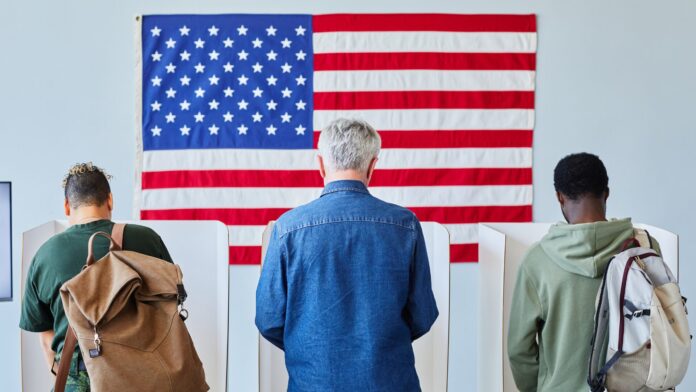COLUMBUS, Ohio – Six individuals have been indicted for illegal voting in past elections, Ohio Attorney General Dave Yost announced in a press release Tuesday.
“The right to vote is sacred,” Yost said. “If you’re not a U.S. citizen, it’s illegal to vote – whether you thought you were allowed to or not – you will be held accountable.”
Special prosecutors with Yost’s office presented seven cases to grand juries last week:
- Ramesh Patel, 68, of North Royalton, was indicted in Cuyahoga County on one count of illegal voting. Patel lacked U.S. citizenship when he allegedly voted in 2014, 2016 and 2018. He is scheduled to be arraigned at 8:30 a.m. on Nov. 1.
- Lorinda Miller, 78, of Hudson, was indicted in Summit County on two counts of illegal voting. Miller is a legal permanent resident but lacked U.S. citizenship when she allegedly voted in 2016, 2017, 2018 and 2019.
- Nicholas Fontaine, 32, of Kent, was indicted in Portage County on one count of illegal voting. Fontaine is a legal permanent resident but lacked U.S. citizenship when he allegedly voted in 2016 and 2018. He is scheduled to be arraigned at 1 p.m. on Dec. 2.
- Ahmed Aden, 35, of Columbus, was indicted in Franklin County on one count of illegal voting. Aden is a legal permanent resident but lacked U.S. citizenship when he allegedly voted in 2008 and 2020.
- Van Thuy Cooper, 53, of Hilliard, was indicted in Franklin County on one count of illegal voting. Cooper is a legal permanent resident but lacked U.S. citizenship when she allegedly voted in 2016 and 2020.
- Maria Dearaujo, 62, of Columbus, was indicted in Franklin County on one count of illegal voting. Dearaujo is a lawful resident but lacked U.S. citizenship when she allegedly voted in 2016 and 2018.
Illegal voting is a fourth-degree felony.
“Irregularities like this are rare, and this is a small number of cases,” Yost said. “We should all be confident in the upcoming election, knowing that the laws are being enforced and will continue to be enforced.”
A seventh case was presented to a Lorain County grand jury, which issued a “no-bill” indictment, declining to charge the individual. The uncharged subject, an Oberlin college student, was alleged to have voted in Ohio and Washington in 2018.
Ohio Revised Code 109.95 states that the Ohio Attorney General’s Office may initiate a criminal proceeding for election fraud for a violation of Ohio law “involving voting, an initiative or referendum petition process, or the conducting of an election” by presenting evidence of the violation to the county prosecutor. If the county prosecutor fails to proceed with the prosecution “within a reasonable amount of time,” the Attorney General’s Office may prosecute.
Each case was previously referred to the county prosecutor whose office has jurisdiction in the location of the alleged activity.
The Ohio Bureau of Criminal Investigation investigated the cases. Ohio Revised Code 109.54 grants BCI authority to investigate criminal activity related to the conduct of elections when requested by the Ohio Secretary of State.
BCI continues to conduct investigations concerning voter fraud and has made additional referrals to county prosecutors.
Indictments are criminal allegations. Defendants are presumed innocent unless proved guilty in a court of law.

